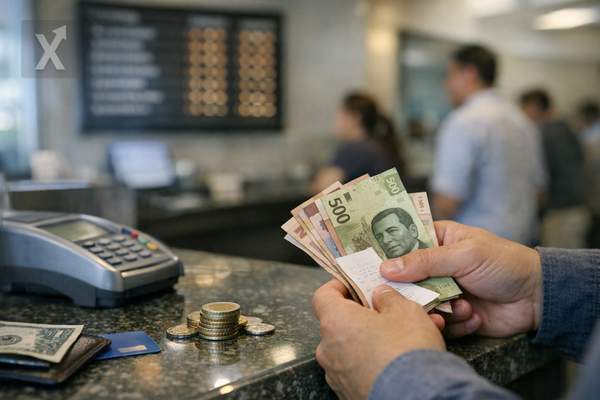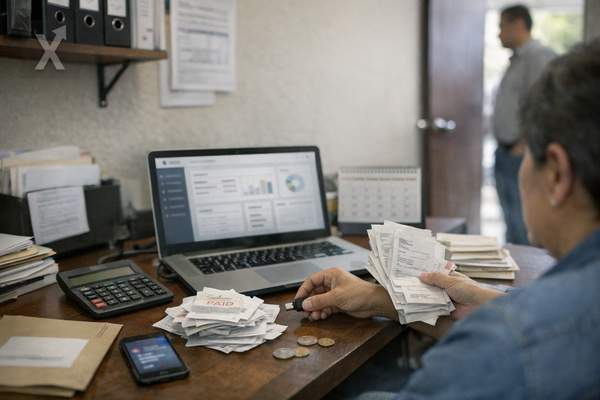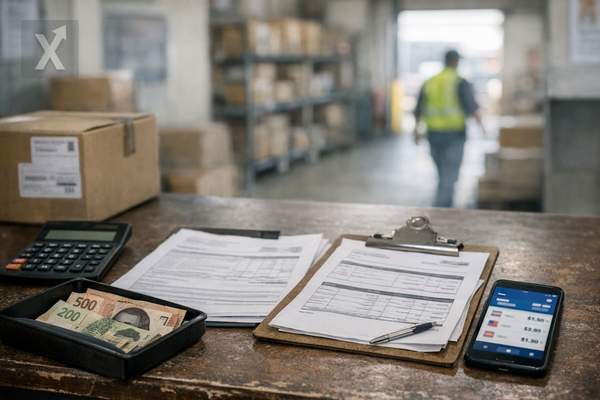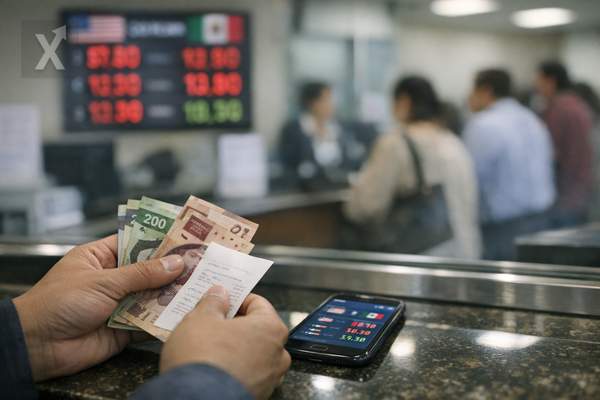Sheinbaum Pushes for a Law to Stop GMO Corn Planting
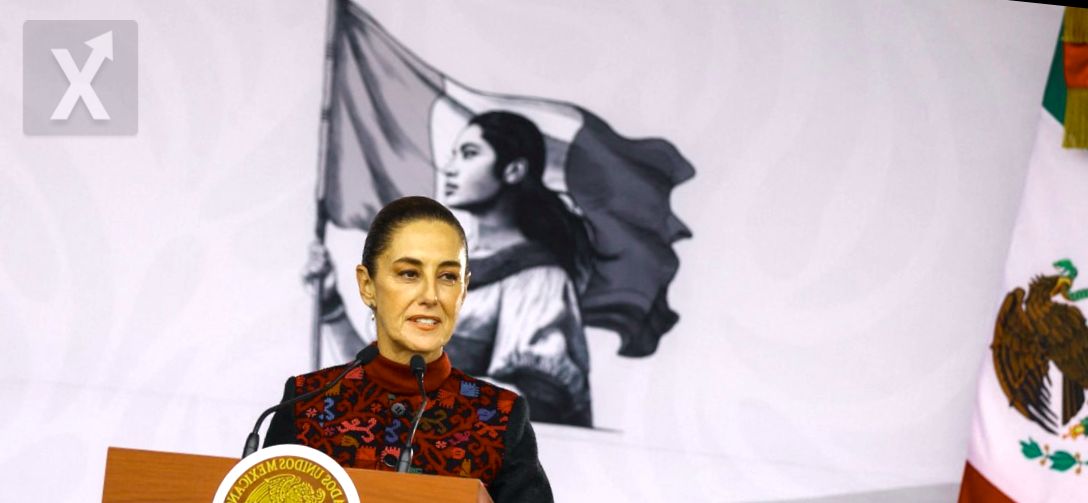
The President of Mexico, Claudia Sheinbaum, announced on Saturday that she is hopeful the Congress, which is mostly controlled by her party, will approve an initiative to ban the planting of genetically modified corn in the country early next year. Sheinbaum's announcement comes just a day after a trade dispute panel ruled that Mexico's restrictions on GMO corn imports from the United States violate the North American Free Trade Agreement, USMCA.
"With the support of the Congress of Mexico, we will seek to overturn this decision, as I am convinced that they will legislate in February to prohibit the planting of GMO corn," Sheinbaum said at a public event. "It is essential to protect biodiversity in our country... without corn, there is no nation," she added. The situation became tense when the U.S. government activated a dispute resolution panel to challenge the presidential decree from February 2023, which limited the use of genetically modified corn for making tortillas and masa, and also proposed its replacement in industrial production intended for both human and animal consumption. Mexico’s Secretariats of Economy and Agriculture stated in a joint statement that they disagreed with the ruling but agreed to comply. They later clarified that the panel's resolution referred "exclusively" to trade between Mexico and the United States. Mexico, known as the birthplace of modern corn, bans the cultivation of GMO corn due to concerns it could contaminate its native varieties. However, the country is the leading importer of yellow corn from the United States, almost all of which is genetically modified. It is expected that during the 2023/24 agricultural season, local buyers will import a record 22.3 million metric tons.
The discussion surrounding GMO corn in Mexico reflects not only environmental and health concerns but also the delicate balance between food sovereignty and economic dependence on international trade. Decisions in this area can have significant repercussions on agricultural production and local food prices, which are crucial for the Mexican economy.